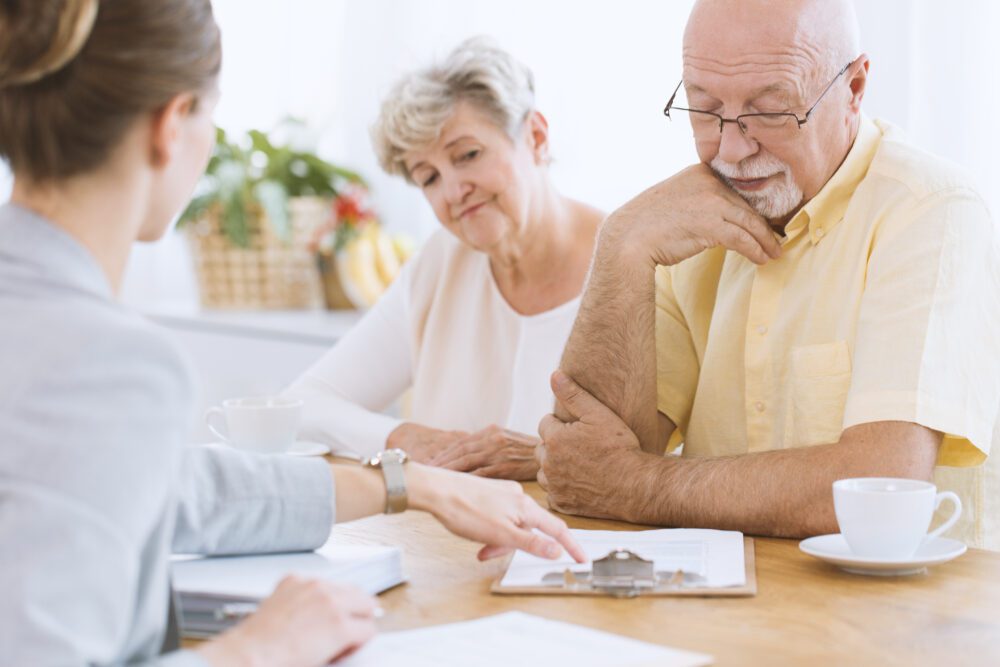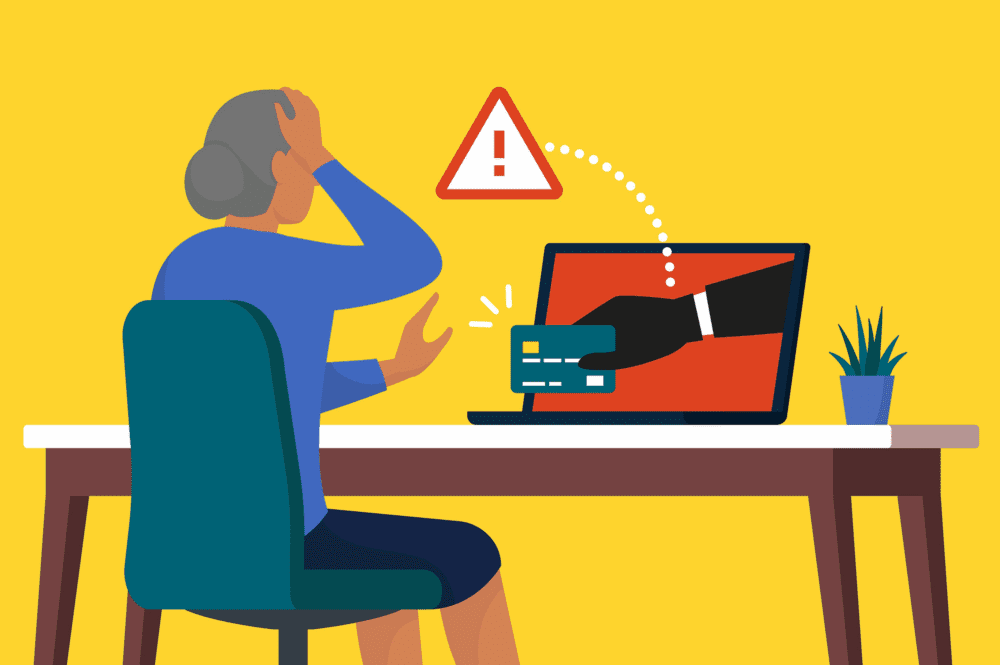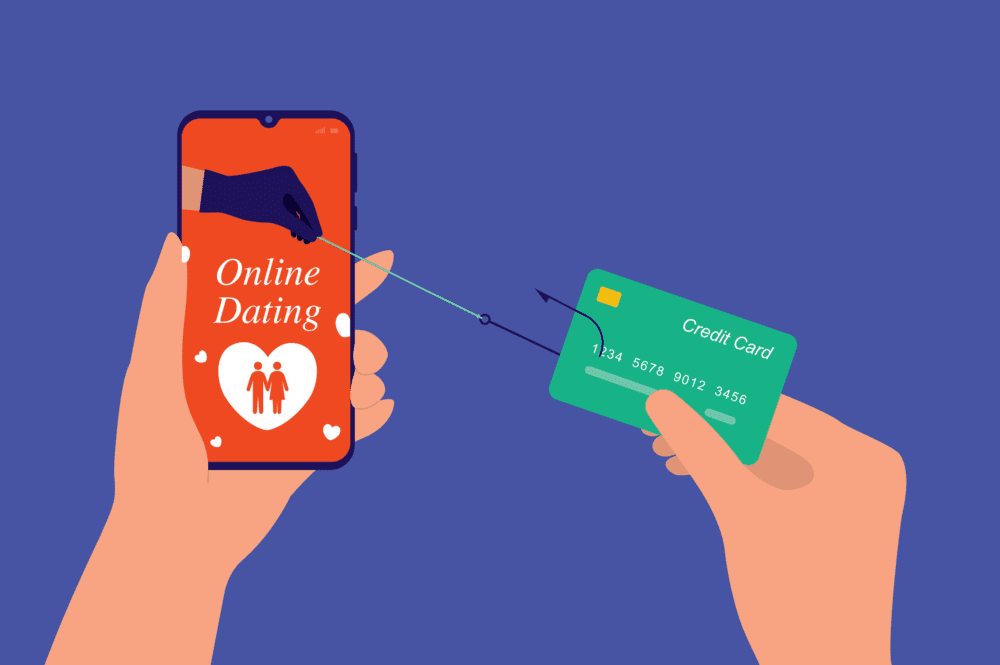Brain Injury Support in the Community.
Archived content
This article has been archived and the content may be out of date.
Use the link below if you still wish to view this article.
Our serious injury care options series details personal injury treatment and options available for individuals and their families who have experienced a traumatic head injury.
- Part 1 – Emergency & Hospital Head Injury Treatment
- Part 2 – Post-Hospital Head Injury Rehab & Funding
- Part 3 – Brain Injury Support in the Community
- Part 4 – Care Navigators & Returning to Work after Brain Injury
- Part 5 – The Importance of Sleep after Head Injury
- Part 6 – Brain Injury Support & Financial Assistance
- Part 7 – Long Term Effects Of Head Injury
- Part 8 – Assistive Technology for Traumatic Brain Injury
For further information please see our Serious Injury homepage.
Brain Injury Support: Post-Rehab
It is important to be aware that serious injury rehabilitation does not have to stop once a person has left an official rehabilitation centre, and may continue in a number of forms by accessing brain injury support groups. Returning to the community can be a challenging process for people who have experienced a traumatic brain injury.
Whilst any barriers and issues faced are very much person-specific, an individual may still be adjusting to physical and/or cognitive changes that their brain injury may have caused.
These changes may prevent a person from returning to work or hobbies they may previously have enjoyed.
In addition, home and family-life may be affected, with a person unable to take part in the kind of tasks and activities they participated in prior to their serious injury.
Furthermore, there is the issue of access. Some buildings, events, forms of transport and workplaces may not be equipped to allow access for individuals whose mobility may be impaired. Brain injury support can take on a number of different forms, and is always geared to the needs of an individual and their personal circumstances.
Brain Injury Support Groups
There is a significant degree of brain injury support groups in the voluntary sector, available for people who have experienced a head injury, as well as for their families, friends and carers.
The following are some leading brain injury support groups in the voluntary sector, offering a host of information and help on a local and national basis.
HEADWAY
Headway, the brain injury association, have over 100 local support groups in the UK and can offer services including community outreach and rehabilitation programmes.
They also work as an information hub, have a helpline and in some cases can provide grants for those in financial difficulty following a brain injury.
There are Headway groups and branches across the North East including:
- Newcastle and North Tyneside – Wallsend
- Central Northumberland
- Gateshead and South Tyneside
- North Northumberland
- Wearside, County Durham
- Tynedale
- Hartlepool
- Teesside
- Darlington & District
- Forces Support Group in Catterick
MATRIX NEUROLOGICAL
Based in Middlesbrough, Matrix is a charity aimed at supporting young people and their families who have experienced a brain injury.
Matrix Neurological offer support and expertise to young people and families, helping them to access the services they need as part of their ongoing rehabilitation.
‘Moving on Together’ Initiative
The Moving on Together Initiative combines the work of three not-for-profit organisations – Momentum Skills, Brainbox and the Stroke Association – to offer a more integrated service for people and their families who have experienced a brain injury or other neurological condition.
The initiative aims to support both adults and young people in becoming more independent and should also serve to increase awareness in the community, as well as ensuring better partnerships between different organisations that work in the field of head and brain injury.
Some more information about the groups involved in the Moving on Together Initiative can be found below.
MOMENTUM SKILLS
Momentum is a not-for-profit organisation, providing care services and rehabilitation. Momentum Skills is the section of the group that focuses on training and employment.
This includes their North East Access to Work service, based in Newcastle upon Tyne, for people who have experienced a head or brain injury or other neurological condition.
This may involve working with a person’s employer to ensure there are no barriers to them returning to work, cognitive retraining and support in finding new work placements and new employment.
BRAINBOX
Brainbox runs a 24/7 help and support service for young people and their families who have experienced a head or brain injury.
The organisation is based in Gosforth, Newcastle upon Tyne, and also has a face-to-face Counselling and Listening Service. Brainbox can also offer long-term counselling support.
THE STROKE ASSOCIATION CENTRE
A UK-wide charity focussing on researching and combating stroke and its effects, the Stroke Association’s North-East centre is based in Gateshead.
From increasing awareness to working in partnership with a wide range of health professionals, local and national government officials, plus other not-for-profit organisations, the Stroke Association is a hugely important resource for anyone who has experienced stroke.
Serious Injury in the North-East
TLW have a local heritage, providing specialist legal services to people for over 15 years in the region. With extensive specialist training and an external accreditation from Headway (The Brain Injury Association), our serious injury solicitors work alongside experienced care and rehabilitation specialists to ensure our clients receive the very best professional advice and are able to access the support they require.
TLW Solicitors are here to help. Fill in our enquiry form, email us at info@tlwsolicitors.co.uk or call us today.





